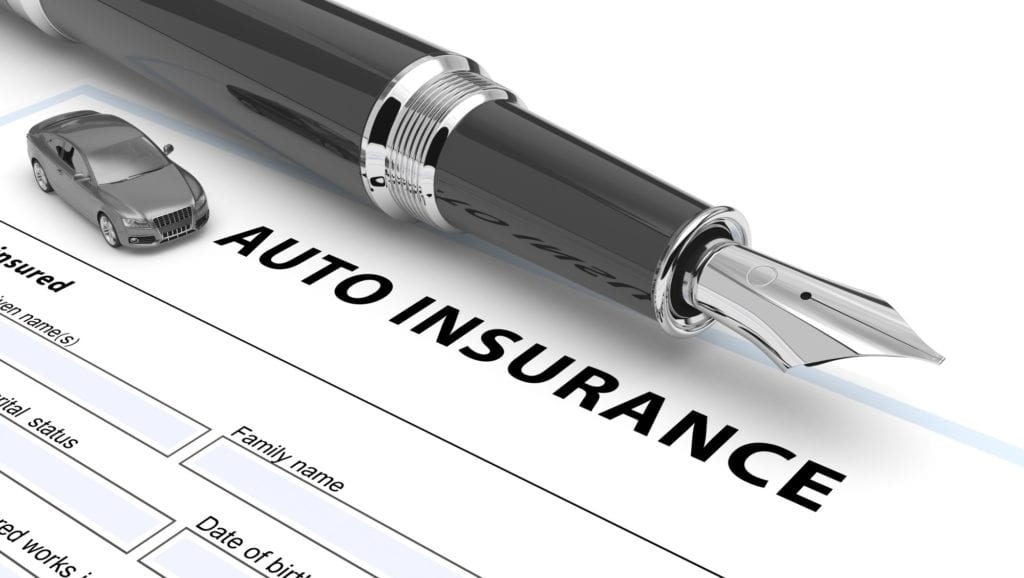
A homeowner's insurance policy protects your house from natural disasters and human-made ones. Liability expenses are covered if a person is injured and sues your home for damages.
What Is Covered?
Most home insurance policies cover the structure of the home and personal belongings, but some homeowners may need additional protection for specific perils. Some homeowners may choose to purchase separate policies if they live in an earthquake or flood-prone area.
HO-1 Coverage - Dwellings, Other Structures
This is the most basic type of homeowners insurance. It covers the home as well as any other structures on your property, such a the garage and shed. In most cases, it pays to replace your home, including its contents, to a limit set by the insurer. The policy also covers other perils such as vandalism, theft, fire, smoke and wind.

HO-2 Coverage: Other Contents and Personal Liability
This type policy is more extensive than HO-1. You can get coverage for items like jewelry, fine arts and electronics that could be lost during an incident covered under your standard homeowners insurance. A few policies cover liability coverage, for example for dog bites or slip-and-fall accidents.
Replacement Cost Dwellings Coverage
This option is recommended by most homeowners because it pays for the rebuilding of your home, including its contents, to a specified percentage of actual cash values (ACVs) of damaged items. The policy is typically more expensive but will pay to restore the home to its pre-loss condition.
Selecting the Right Deductible
The higher the deductible, then the lower your premiums. This is a great option if you are a homeowner with a lot expensive or valuable belongings. These items can't be easily replaced, and they would suffer a significant depreciation rate in the case of a loss.
Choose the right level of coverage
The standard homeowners insurance policy includes both the actual cash value and the replacement cost coverage. However, most companies will allow you to upgrade either of these options at an additional charge. Replacement cost coverage is preferred by most homeowners because they are more likely to receive the full replacement value of their items, less depreciation. This can be a significant amount less than cash-value coverage.

Choosing a Good Insurance Company
While many companies claim excellent customer services, consumers often have negative experiences with the insurance firms they deal with. It is best to ask the insurer about its customer retention rate as well as consumer satisfaction statistics.
Does home insurance cover damage to other people's property?
Some homeowner insurance policies provide additional coverage in the event of damage to someone else's property. These can be helpful for temporary accommodation or living costs during home repairs or renovations. This can be an important benefit to families that have lost their homes because of disasters such a hurricanes and fires.